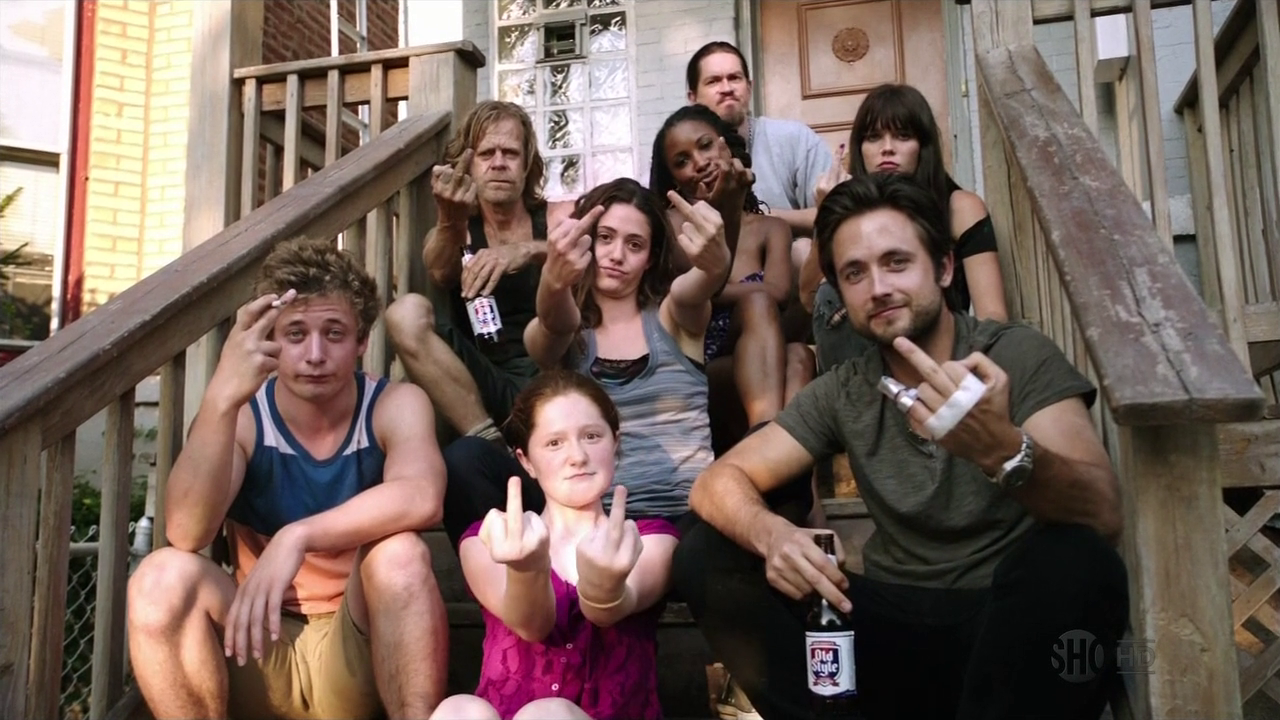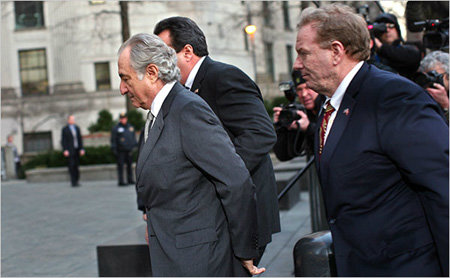
On March 6, 1981, Marianne Bachmeier pulled out a .22-caliber pistol in the courtroom and shot her daughter’s murderer in cold blood, 6 shots hit him and ended his life almost instantly. Bachmeier was sentenced to spend 6 years in prison, she was released in 3 years on probation. Considering Bachmeier’s crime, her sentence was surprisingly light. It would not be a stretch to say Bachmeier’s case was shown some empathy for the motive behind the murder. Prior to the killing of Klaus Grabowski, the man on trial for the sexual abuse and murder of Bachmeier’s daughter, Anna, Grabowski claimed that he only killed Anna because she was blackmailing him. Bachmeier was infuriated and determined to avenge her daughter.
After the stunt Bachmeier pulled in court, she became widely popular in Germany and in magazines. She used the money earned from her fame to pay for her attorneys. She was dubbed “The Revenge Mother” and in 1996, September 17 she died and is now buried next to her daughter Anna. To many Marianne Bachmeier was deemed a hero, to others a criminal.
Marianne Bachmeier is not the only killer who blurred the lines of a murder that was morally right or unjust in the name of the law. In fact, a man named Pedro Rodrigues Filho was found guilty for at least 70 murders. What made Filho stand out from other psychopaths were his targets. Filho claimed to have only targeted drug dealers, rapists and other murderers. Filho confessed to all his murders and claimed to have killed even more, but he made it clear that his targets were never innocent. In the end, Filho only served 34 years in prison which is a slap on the wrist for 70+ murders.
Time and time again in history there have been evident cases of vigilantes receiving lighter sentences for crimes that are technically as severe as any other serial killer. The only absolute difference in these special vigilante cases being that the majority of the public (and court) seemed to agree the intent was to kill an evil, malicious person. Whether killing is always wrong or justifiable is controversial. Without a doubt these cases of a mother avenging a daughter, a mass murderer who attempted to ‘take out the trash’ by only targeted high profile criminals, and many more, do prove one thing; killers who kill other killers are seen, under the eye of the public and judicial system, with significantly increased empathy.








This has always been a topic I am interested in, as it brings the complexities of morals and emotions into law and justice, which is supposed to be more or less “clear cut.” In some ways, this makes them feel like the courtroom and art are related. Like in paintings, performances, or literature, the art is supposed to induce an emotional reaction and, in many cases, step into the artist’s or subjects’ mindset. This is similar to tactics used in legal cases, where the prosecution and defense can and often do use emotions to sway the jury to empathize with their side. This is blatantly apparent in these situations you brought up, where Bachmeier and Filho got lesser sentences for murder, as many people can empathize with the mother who lost her child, or support a man who is taking criminals off the street. Furthermore, another complex question that I thought about when reading this was what if these targets of this kind of vigilante justice are actually innocent or wrongfully accused, and lose their lives from it?
Hi Eddie. Very interesting topic here. I have heard of several such cases of people killing the killers of their family members and getting relatively light sentences. It is hotly contested in moral and religious spheres whether killing is always wrong. However, at least under united states law, it is less of a debate: Intentional killing is a crime, but may not necessarily be wrong, as evidenced by the comparatively light sentences we see in certain cases, such as that of Gary Plauche, who served no time in prison after shooting and killing the man accused of sexually abusing Gary’s 11 year old son. People (jurors) get to determine a person’s guilt and a judge hands down a sentence. Thus, we don’t have to determine whether killing is always wrong because it is not up to us. It is up to a jury of the killer’s peers if in this specific circumstance, the killer can rightfully be found guilty of murder. If the jury does find them guilty, the judge serves as another layer of subjective discretion and human judgement. So even if the killer is found guilty, the judge has the ability to lighten the sentence based on the particular circumstances of the crime, as in the case of Gary Plauche.
Hi Eddie, this was an interesting post. I had never heard of the Bachmeier case you mentioned, but I have read a few articles on vigilante justice before. I, too, never know how to feel about people killing killers. While I don’t want to pardon a killer in my own mind, I can’t help but put myself in the shoes of the mother. Her daughter was taken from her by a man who, even in front of a court, won’t fully acknowledge his actions that left her in agonizing pain. The other case you mentioned reminded me of the show Dexter. While it is fictional, his father teaches him how to “murder properly” because he knows his son shows signs of becoming a sociopathic killer. In turn, his father tells him to only kill people who “deserve” it, thus almost a copycat of the case you mentioned. It almost makes the crime easier to confront; either way, the serial killer is going to kill people. Would we rather it be innocent and harmless victims, or those who have hurt others?
Hey Eddie, I really enjoyed reading this piece. I always find myself interested in crime, including vigilante justice. These situations are always complicated because it taps into something deeply human. When someone we love is harmed, anger and empathy can make it feel almost natural to want the person responsible to suffer. At the same time, killing is still killing, no matter the motive. That’s why I appreciated how you presented these examples without bias. It gave space to see both perspectives clearly. It raises a bigger question of how the law decides what counts as a justifiable killing and what never can.
Vigilante morality can be so hard to navigate because it’s often driven by these intense emotions and a sense of justice, but it bypasses the systems we are supposed to rely on to handle these situations. It’s complicated, because when does personal retribution stop being justice and start being a dangerous precedent? From the information you provided in this article, I find what Bachmeier did to have been just, but once we start justifying murder, where does the line get drawn?
Hi Eddie, I was fascinated by your article. I am a criminal justice so I study a lot of criminal cases, and I have yet to hear about these cases. These are interesting trials that raise moral and legal debates. Morally, I understand Marianne’s motive and why she did what she did. But legally, murder is wrong. Same goes for Filho, he had good intentions, morally, but legally, it is wrong. Filho was acting like a modern day Robin Hood. The question at hand is: Can murder be justified or not? The leniency in these cases and the lack of time served shows that society generally agrees that it can be justified. Society can overlook the severity of the crime when it is pursuing a greater evil, like murdering a murder. It shows how impactful public opinion and emotion can be on murder trials. These cases show that justice can be subjective and that emotion and bias can sway the public and overlook the legal basis of murder.